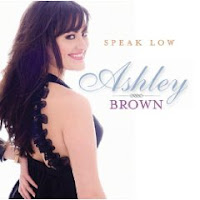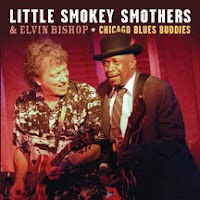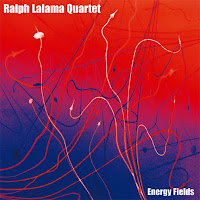 Listening to vocalist’s Ashley Brown’s debut recording, “Speak Low” (Ghostlght Records), it struck me that she sounded like someone who should be on Broadway. Then looking at some of her press materials, I discovered that she is on a National Tour of “Mary Popkins,” after having originated the role on Broadway and winning several awards for her performance in that role. Born in Florida, she is only 28 but shows a poise and confidence in her delivery of someone with decades of experience. On “Speak Low” she sings a number of familiar favorites from the American Songbook where she is matched by some well known jazz masters including Lee Musiker, Yaron Gershovsky and Eldar Djangirov on keyboards; Lee Soloff on trumpet; Jay Leonhart on bass; and Victor Lewis and Rick Cutler on drums. Despite the jazz trappings on this, one should have no doubt that she is a classic pop and Broadway vocalist. That describes her music and is not a judgment on it.
Listening to vocalist’s Ashley Brown’s debut recording, “Speak Low” (Ghostlght Records), it struck me that she sounded like someone who should be on Broadway. Then looking at some of her press materials, I discovered that she is on a National Tour of “Mary Popkins,” after having originated the role on Broadway and winning several awards for her performance in that role. Born in Florida, she is only 28 but shows a poise and confidence in her delivery of someone with decades of experience. On “Speak Low” she sings a number of familiar favorites from the American Songbook where she is matched by some well known jazz masters including Lee Musiker, Yaron Gershovsky and Eldar Djangirov on keyboards; Lee Soloff on trumpet; Jay Leonhart on bass; and Victor Lewis and Rick Cutler on drums. Despite the jazz trappings on this, one should have no doubt that she is a classic pop and Broadway vocalist. That describes her music and is not a judgment on it.She possesses such a lovely voice and delivers the songs in such an appealing manner, as is immediately evident listening to the opening Kurt Weill & Ogden Nash collaboration, “Speak Low,” with strings adding atmosphere to her lover’s plea. In contrast her vocal on“If I Were a Bell,” with lovely reeds added by Lawrence Feldman, is pure joy. It is hard to shake images of the movie “Casablanca,” on “As Time Goes By,” but Musiker’s arrangement contributes to the freshness of Brown’s wistful handling of this classic. A medley of “Smile”/”Make Someone Happy,” sports a crisp latin groove as Yaron Gershovsky’s piano and Victor Lewis’ drums stand out in backing her uplifting vocal. Can one get much lovelier and romantic than Brown sounds on “My Funny Valentine,” with Lew Soloff’s mellow trumpet echoing the mood. Gershovsky contributes the arrangement (and takes a short piano break) for “Saturday Night is the Loneliest Night of the Week,” on which she scats some while avoiding copying Sinatra’s classic recording. With only Eldar’s piano, she captures the doleful character of the Gershwin classic, “How Long has This Been Going On.” Vocally she waltzes on “I’ve Got the World on a String,” while on “My One and Only Love,” she romances her love without getting sugary.
It is easy to fall in love with Ashley Brown’s singing. It is refreshing to listen to a vocalist from the musical stage whose can take what seem like overly recorded songs from the American Songbook and captivate us with performances that sound like they these songs written yesterday. “Speak Low” is a superb first recording by someone who may become one of the leading singers of the classic American song in the 21st Century.
For purposes of FTC regulations, I received a review copy of this CD from Crossover Media.








